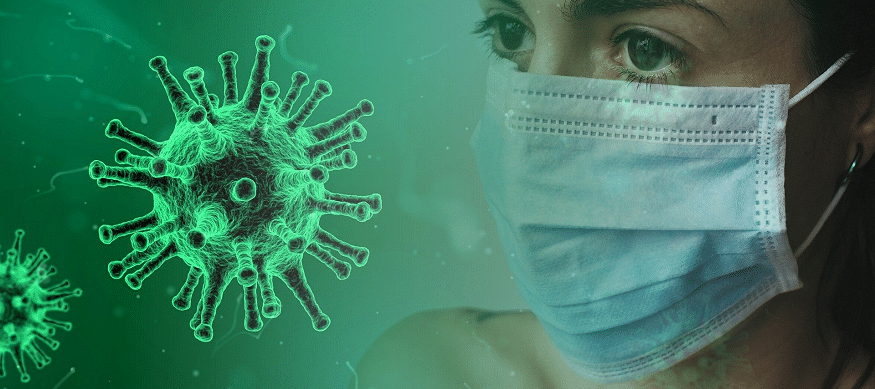Protecting Our Employees & Communities
Ensuring the health of our customers and staff through our Confident health and safety Initiative, deep-cleaning of high-touch areas sites; maintaining rigorous criteria for return to work; and asking all employees who can effectively do their jobs from home to telecommute.
Offering needed healthcare supplies to customers; utilizing our capabilities to manufacture face shields for those on the front lines; and shipping masks, gloves and other equipment to employees in impacted areas and hospitals in need.
Continuously assessing the state of the coronavirus in a particular region and, in consultation with health officials, temporarily suspending our services or operations accordingly.
Encouraging virtual meetings whenever possible and physical distancing when face-to-face meetings are critical.
Limiting our work forced to business-critical activities to reduce the risk of unexpected changes in restrictions.

Managing Daily Life During the COVID-19 Pandemic
The coronavirus disease (COVID-19) pandemic has fundamentally changed our lives and the way society functions, likely having lasting effects. Without a doubt, trying to maintain a normal routine is difficult. It’s even more challenging for individuals with chronic diseases and disorders, as the very support systems they need – that is, the healthcare system – are focusing resources and efforts toward looking after patients infected by severe acute respiratory syndrome coronavirus 2 (SARS-CoV-2).
What is the coronavirus?
COVID-19 is the disease caused by the new coronavirus that emerged in China in December 2019.
COVID-19 symptoms include cough, fever or chills, shortness of breath or difficulty breathing, muscle or body aches, sore throat, new loss of taste or smell, diarrhea, headache, fatigue, nausea or vomiting and congestion or runny nose. COVID-19 can be severe, and some cases have caused death.
The new coronavirus can be spread from person to person. It is diagnosed with a laboratory test.
There is no coronavirus vaccine yet. Prevention involves frequent handwashing, coughing into the bend of your elbow, staying home when you are sick and wearing a cloth face covering if you can’t practice physical distancing.
<pstyle=”margin-bottom: 3px;”>Symptoms of COVID-19 typically take 5-8 days to appear in an infected individual, but can take up to 14 days, and might initially display similarly to the common cold or flu but then become more severe. They can be vague and non-specific, but can include:
- fever
- tiredness
- dry cough
- difficulty breathing
- pneumonia in both lungs
- pneumonia in both lungs
Some may experience: - aches and pains
- nasal congestion
- runny nose
- sore throat
gastrointestinal symptoms, such as:
- diarrhea
- diminished sense of smell or taste
- purplish sores on the feet and sometimes on the hands, in children
In rare cases, COVID-19 can lead to severe respiratory problems, kidney failure or death.
If you have a fever or any kind of respiratory difficulty such as coughing or shortness of breath, call your doctor or a health care provider and explain your symptoms over the phone before going to the doctor’s office, urgent care facility or emergency room. Here are suggestions if you feel sick and are concerned you might have COVID-19.
If you have a medical emergency such as severe shortness of breath, call 911 and let them know about your symptoms.

